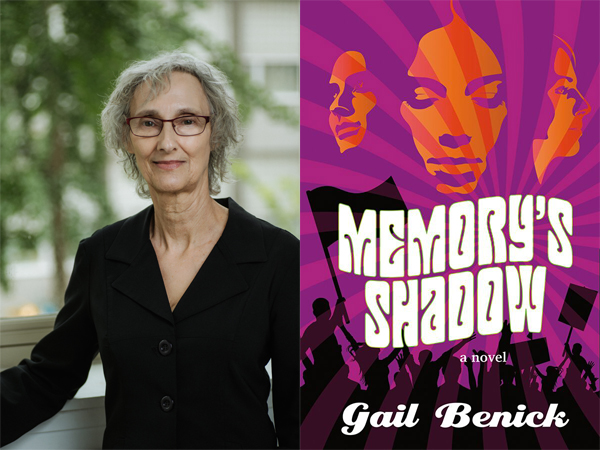Looking for Jane is a work of historical fiction illuminating the underground abortion network which assisted women in many Canadian jurisdictions prior to the legalization of abortion in 1988. Building on a solid foundation of research, author Heather Marshall animates the struggle for women’s reproductive rights, particularly in Toronto where the clandestine abortion network was known only by its whispered code name, Jane.
While the novel brings to life the illegal organizations that worked for abortion, Heather Marshall also depicts the system of maternity homes or homes for unwed mothers, funded by the Canadian government and run by various church groups in the post-World War II period. These institutions forced adoption on vulnerable young women, thereby separating innocent mothers from their children. According to Statistics Canada, between 1945 and 1971, almost 600,000 babies were born to unmarried mothers. Their births were recorded as “illegitimate.” It is estimated that over 300,000 mothers in Canada were forced or coerced into surrendering their babies for adoption under the maternity home system. In addition to losing their children permanently, women in homes for unwed mothers suffered physical, psychological, and sexual abuse. Girls were forced to sign adoption papers before they were allowed to hold their babies after birth and were often told that their babies had died. The forced adoptions had an enormous impact on the health of these young women for decades to come, including crippling depression, post-traumatic stress disorder, inability to form meaningful relationships, fear of having future children taken away from them, and suicide attempts.
The ongoing search to find a lost child is a thematic thread running through Looking for Jane. Heather Marshall has used her novel to give these previously invisible women a story and to honor their outstanding contribution to women’s history and the struggle for human rights.

Looking for Jane by Heather Marshall (Simon & Schuster, 2022)
Gail Benick is a Toronto author and educator. Her career as a professor on the Faculty of Humanities and Social Sciences at Sheridan College in Oakville, Ontario, spanned more than three decades. Her debut novella, The Girl Who Was Born That Way, was published in 2015. Gail’s new novel, Memory’s Shadow, was published by Inanna in spring 2021. www.gailbenick.com


Succinct summary which highlights the historical importance of this book for Canadians.
The abuses and traumas of the alternative system for “unwed” mothers was not known to me. This good review encourages me to read the book on this difficult topic.
Gail Benick’s short review of Looking for Jane is succinct and caught my attention. She outlines the issues surrounding abortion in Canada. I am compelled to read this book.
Gail Benick’s summary of Looking for Jane sounds very interesting and very important, especially in this period of abortions being in a tenuous state particularly in the United States..
These statistics are very disturbing. Thank-you, Gail, for your illuminating review. I am definitely inspired to read this novel.
Gail reminds us – those of us old enough to remember the 70s & 80s – of the dark days for many young women. For our daughters’ generation, she illuminates a context that they have likely not faced. Sounds like an important book.
Gail Benick’s review is a very insightful and sensitive overview of this compelling book about family, motherhood and a period of Canadian history.
This book and the excellent review are timely and important given the current threat to abortion rights which is creeping into Canada from the US
Gail Benick’s review of Looking for Jane was very informative. Prior to reading Benick’s review I was unaware of the various traumas caused by the Canadian government on unmarried mothers before abortion was legalized in Canada. Benick’s review is very timely and underscores the importance of abortion and women’s rights.
Excellent summary of an important book that reminds us of our “herstory” and fight for reproductive rights. Particularly timely now for our American sisters and daughters!
Having worked in Women’s Health in the 1970’s and 1980’s, I was marginally aware of attempts to assist women with abortions, as well as the institutionalization of unwed mothers. However, since the legalization of abortions, previous struggles have been forgotten. “Looking for Jane” is very timely in today’s political climate. Many thanks to Gail Benick for reviewing this book and providing an informative summary to remind us that we can’t forget the trauma of those times and the ensuing struggle for women’s rights.